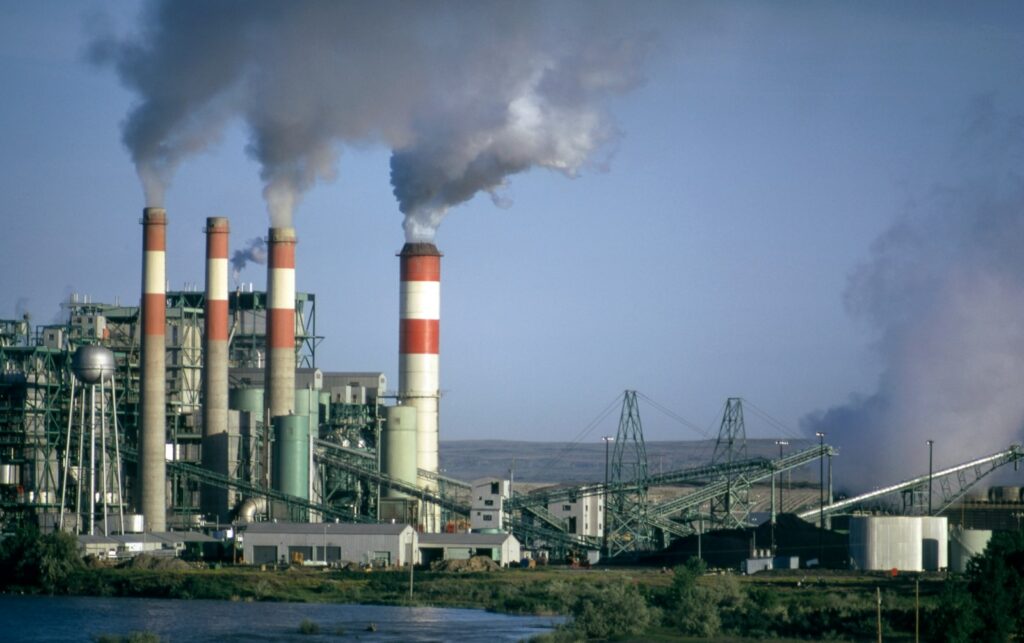A new study from the International Council on Clean Transportation (ICCT) has found that emissions from private jets have increased 25% in just ten years and now account for almost 4% of all civil aviation emissions.
Commercial aviation emitted around 918 million tonnes (Mt) of CO₂ in 2019, before Covid-19 grounded the industry. It has recovered however with nearly 950 Mt emitted in 2023. If aviation were a country, it would rank as the seventh-largest CO₂ emitter globally.
Even so, private jet travel stands out for its environmental inefficiency. Though they represent a small share of total aviation traffic, private jets contribute disproportionately to total emissions. On a per-passenger basis, private jets emit up to 14 times more CO₂ than commercial flights and as much as 50 times more than trains.
Such jets primarily serve wealthy individuals and corporate executives and are commonly based at airports in poorer neighbourhoods.
It was found that in 2023, private jets emitted an estimated 21,300 tonnes of nitrogen oxides (NOx) and 203 tonnes of PM2.5 during landing and takeoff (LTO) operations across 7,082 airports worldwide.
The United States accounted for the majority of these emissions, with 18 of the 20 highest-emitting airports located there. Teterboro Airport in New Jersey ranked first, emitting 478.7 tonnes of NOx and 4.88 tonnes of PM2.5, more than the total emissions from all private jets in Canada and nearly matching the UK’s total PM2.5 output from private jets.
Other major emitters included Palm Beach International and France’s Paris-Le Bourget and Nice-Côte d’Azur airports. Toronto Pearson in Canada also appeared on the PM2.5 list.
The ICCT analysis found that in 2023, there had been 3.57 million individual flights made by 22,749 private jets.
Among their recommendations, the ICCT suggests targetting many of the short-hop flights taken by private jets. The average flight in 2023 lasted just 85 minutes, with half of all flights covering less than 895 km. As they point out, France has already banned short haul flights that could be taken by high speed rail. They also suggest that turboprop would be a better option for such flights.
It is also pointed out that taxation of private jet flights, or their emissions, could generate revenue which could be used to support aviation decarbonisation.
A tax – already proposed in legislation – on fuels of approximately $1.59/gallon could generate up to $3 billion annually.
Dan Rutherford, ICCT’s Senior Director of Research. adds: ‘As wealth inequality explodes globally, policymakers have begun asking why private jet taxes are so low. Given the slow pace of technological progress, it’s reasonable to charge ultrawealthy travelers more for their pollution.’
The full report can be read here.


















Leave a Reply